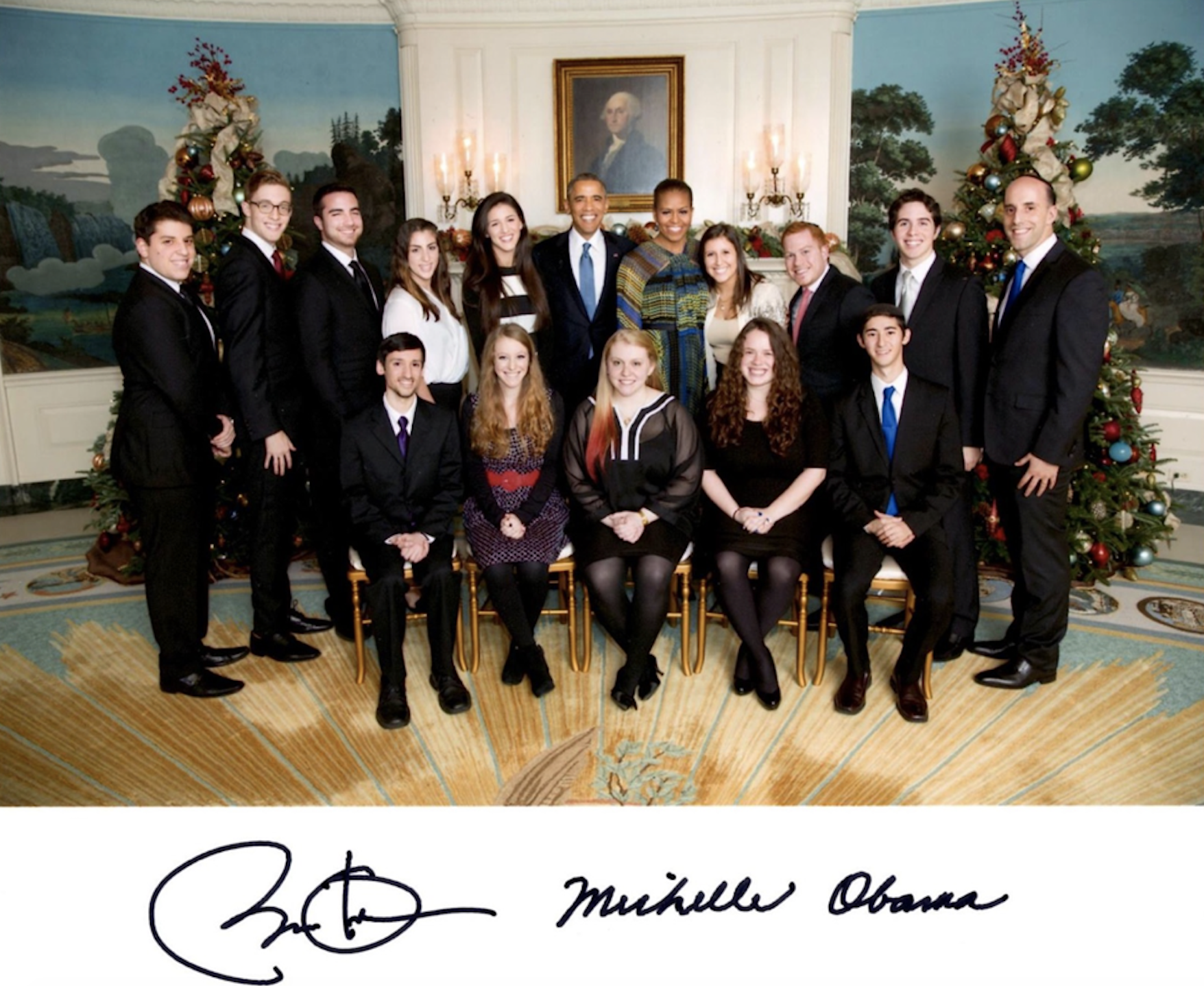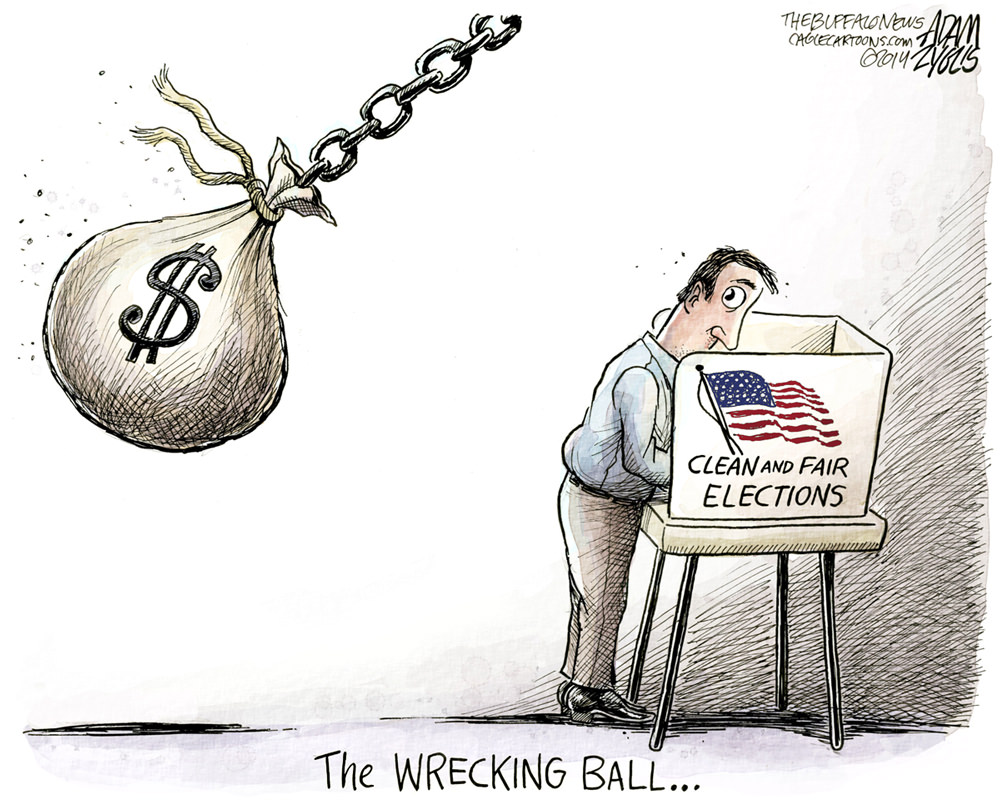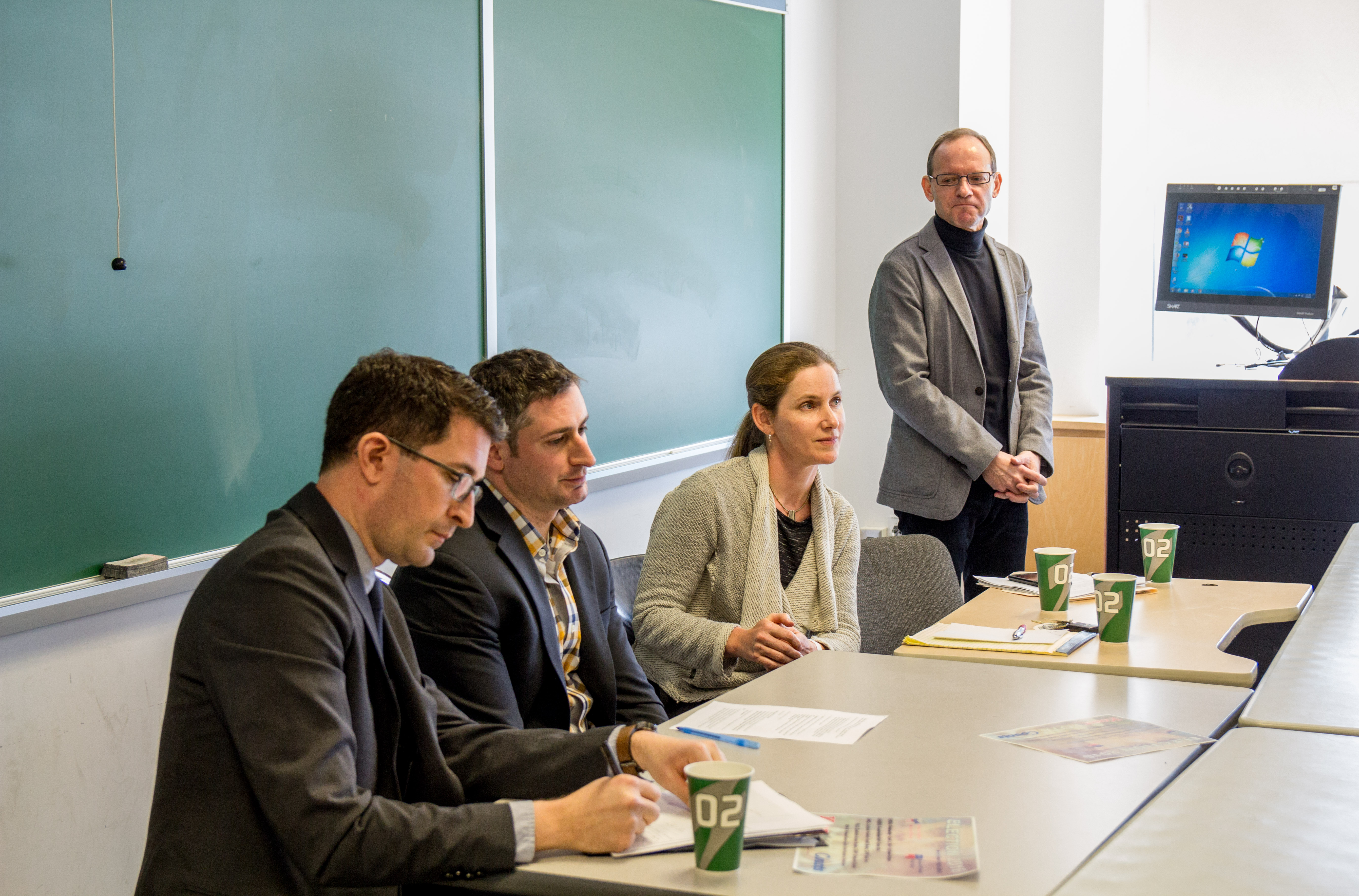In, what the entire nation expected to be a close race, President Barack Obama came out the victor, winning against Gov. Mitt Romney, for his second term in office.
“How did this happen that Obama won? In the end it wasn’t even really close: 332 electoral votes! That’s more than the past presidents,” Professor Ron Hayduk said, at the presidential roundtable held on Nov. 14.
Hayduk, along with fellow political science professor Michael Krasner, hosted the forum. Using facts and figures to show the direction voters took, the forum provided answers to the outcome of this year’s presidential election.
With Obama being elected for his second term, the question remains: will America move “forwar?”
Krasner believes that the next four years are going to be like the previous, with a Republican Party that has a “powerful, extremist faction,” which will make it hard to compromise on key issues.
“We’re likely to see a lot more gridlock and a lot of problems going unattended, such as global warming, which is the most important in my view,” Krasner said.
In this $6 billion national election, Democrats were outspent $200 million, so how can a campaign that was outspent win an election?
Hayduk notes that Obama won his second term by “preserving the broad and diverse coalition of voters that propelled him into office four years ago.”
This coalition consists of people of color, women, young people, working and middle class voters, liberals and urban dwellers, as opposed to Romney’s supporters, who were less diverse and consisted of mostly men, voters 45 and older, conservatives, southerners and married voters.
“The only group that Obama really lost to were white people, particularly older white people and extremely particularly, older white men,” Hayduk said.
Hayduk said that the changing demography in the U.S. shows that the Democrats have an opportunity to strengthen their dominance for future success and the Republicans have a serious challenge on their hands.
But Republicans do hold the majority in the House of Representatives, which gives them a certain amount of control with what passes and what does not.
An issue that was not brought up in the presidential debates was global warming and climate change, an issue Krasner wants to hear Obama discuss.
Hurricane Sandy wrecked part of the each coast and global warming has affected the climate so drastically that many believe Obama needs to focus on this growing concern, alongside other economic issues.
“My hope would be that he would try for a grand strategy that combines all of these, a comprehensive plan that says, ‘Hey, we have to change our economy and get it off fossil fuels if we want our species to survive and here’s a way to do it,’” Krasner said. “That will also create good jobs and help us form better communities, reduce the huge and growing gap between the ultra-rich and all the rest of us and promote sustainable agriculture.”
Krasner is sympathetic to the issue of global warming, but issues of foreign policy, such as the conflict in Gaza and the economic crisis in Europe, Obama will have his hands full these next four years.
“The likelihood is that the economic crisis in Europe will command his attention —and everyone else’s — and it’s hard to see what a good solution there would be,” he said.













